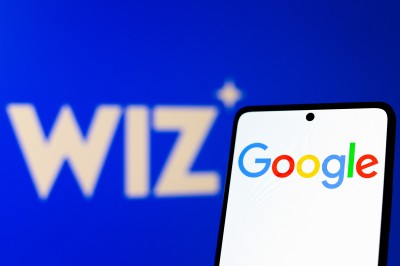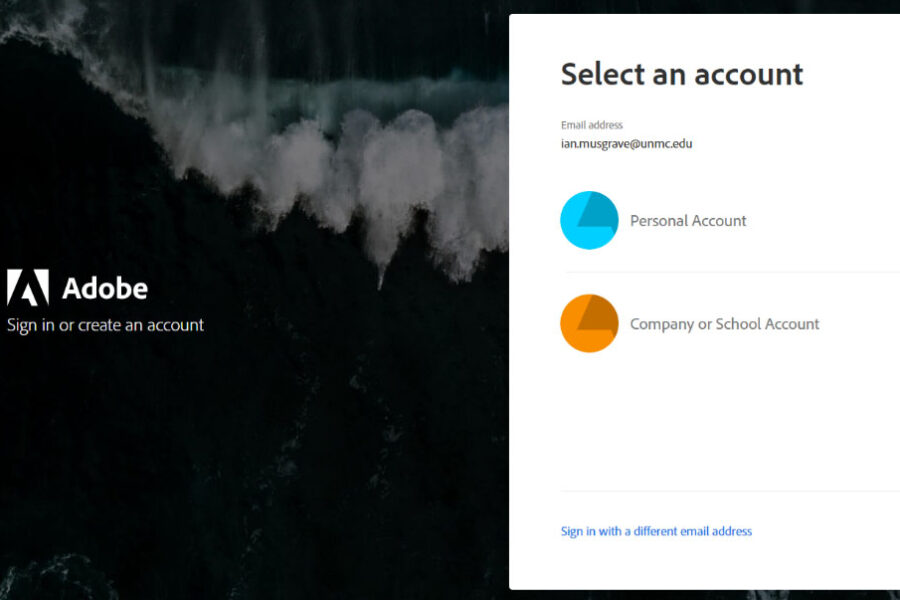Technology News
Two AI Powerhouses Set for Potential Stock Splits: Microsoft and ServiceNow
17 September 2024
|
Zaker Adham
Stock splits, while not affecting the actual value of a company, play a significant role in making shares more accessible to a wider pool of investors. Imagine a company’s market cap as a large pizza—splitting shares just creates more slices, but the total size remains the same.

Stock splits are particularly important for individual investors, not just major hedge funds. For instance, Microsoft (NASDAQ: MSFT) has split its shares nine times, most recently in 2003. Without these splits, a single share of Microsoft would cost an astounding $123,800 today, making it out of reach for most retail investors. Now, the company’s stock is again at towering levels, indicating it might be time for another split.
Stock splits often signal strong company growth, and both Microsoft and ServiceNow (NYSE: NOW) have seen significant success in the booming AI sector. While Microsoft has a long history of stock splits, ServiceNow has never undergone one—yet with its share price currently at $879, a split could be imminent.
Microsoft: A Leading Force in AI
The launch of ChatGPT brought AI into the mainstream, with Microsoft making a multi-billion dollar investment in OpenAI, the company behind the groundbreaking chatbot. This investment has not only revolutionized Microsoft’s offerings but also put pressure on other tech giants to catch up. Integration with Microsoft Bing has the potential to disrupt Google’s dominance in the search engine market, where Google generated $95 billion in revenue in the first half of 2024. Even a small shift in market share towards Bing could bring in billions of additional revenue for Microsoft.

Beyond ChatGPT, Microsoft has also developed Microsoft Copilot, an AI tool embedded across various Microsoft products. It helps users by generating text, summarizing documents, creating images, writing code, and analyzing data. The adoption rate of Copilot is impressive, with 60% of Fortune 500 companies already using it. These innovations have driven Microsoft’s fiscal 2024 sales growth to $245 billion, up 16% year-over-year, while operating income soared by 24%, reaching $109 billion.
While Microsoft’s stock trades at 36 times earnings (slightly above its 3- and 5-year averages), the forward price-to-earnings (P/E) ratio suggests a more reasonable valuation of 33. Wall Street views Microsoft’s opportunities in AI as a solid reason for its current pricing, even if the stock doesn’t experience dramatic short-term growth.
ServiceNow: AI-Driven Efficiency
ServiceNow has been a strong partner with Microsoft, particularly through the integration of its AI-powered Now Assist product with Microsoft Copilot. This tool enhances productivity across various departments such as HR, IT support, and customer service. For example, Now Assist helps customer service agents by summarizing previous customer interactions and speeding up searches for answers in large databases. This increased efficiency is critical for businesses in today’s highly competitive environment.

Approximately 85% of Fortune 500 companies are using ServiceNow’s solutions, and its customer base has continued to grow year-over-year. The company reported $2.6 billion in sales last quarter, a 22% growth rate, placing it in a high-growth phase. ServiceNow’s price-to-sales ratio currently sits at 18, aligning with its 5-year average, and the company projects its 2024 subscription sales to reach $10.5 billion, growing to $15 billion by 2026. This expected growth could result in a nearly 50% increase in stock value by maintaining the same valuation.
Given the rising stock prices and the companies' massive strides in AI, both Microsoft and ServiceNow could be gearing up for stock splits, making their shares more accessible to everyday investors.




